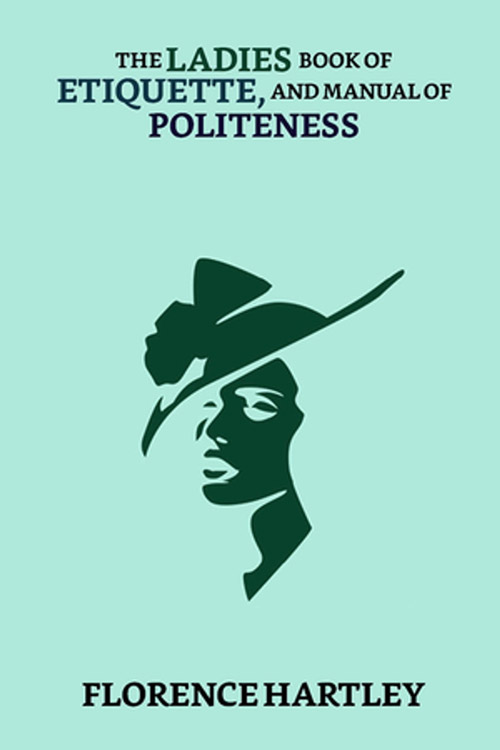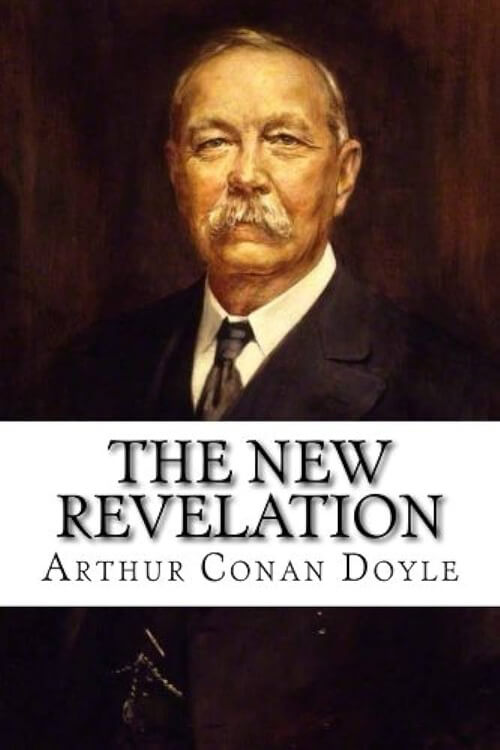
The Ladies’ Book of Etiquette, and Manual of Politeness
True politeness is the language of a good heart, and those possessing that heart will never, under any circumstances, be rude. They may not enter a crowded saloon gracefully; they may be entirely ignorant of the forms of good society; they may be awkward at the table, ungrammatical in speech, but they will never be heard speaking to wound the feelings of another; they will never be seen making others uncomfortable by seeking solely for their convenience; they will always endeavour to set everyone around them at ease; they will be self-sacrificing, friendly, unselfish; indeed in word and deed, polite. Give such a woman the knowledge of the forms and customs of society and teach her how best to show the gentle courtesies of life. You have a lady, created by God, only indebted for the outward polish of the world. Society indeed demands this same unselfishness and courtesy. Still, when there is no heart in the work, the time is frittered away on the mere ceremonies, forms of etiquette, and customs of society, and this politeness seeks only its ends: to be known as courteous, spoken of as lady-like, and not beloved as unselfish and womanly.
Etiquette exists in some form in all countries and has existed and will exist in all ages. From the rudest savage who dares not approach his ignorant, barbarous ruler without certain forms and ceremonies to the most polished courts in Europe or the home circles of America, etiquette reigns. True politeness will be found, its basis in the human heart, the same in all these varied scenes and situations, but the outward forms of etiquette will vary everywhere. Even in the same scene, time will alter every form and render last year’s exquisite polish obsolete next year’s rudeness. Politeness, based on genuine kindness of heart, cannot exist where there is selfishness or brutality to warp its growth. It is founded upon the love of the neighbour and a desire to be beloved and to show love. Thus, where such pure, noble feelings do not exist, the mere forms of politeness become hypocrisy and deceit. Rudeness will repel, whereas courtesy will attract friends.
Read or download Book
Florence Hartley
Florence Hartley was a Victorian-era writer whose work was meant for women of the era, covering topics of etiquette and needlework.
Biography
She was also an advocate for women’s health. Rhetoric theorist Jane Donawerth identifies Hartley’s The Ladies’ Book of Etiquette as part of a distinctive self-consciously feminine discursive tradition of conduct book rhetoric developed in the 18th and 19th centuries. Donawerth sees Hartley’s work as marking the conservative end of the spectrum of works within this tradition, merging the conduct book tradition with the narrower tradition of the etiquette manual. Hartley sees good elocution as natural, not as an art, and avoids the use of the word elocution; she discourages women from speaking in such a way as to draw attention to themselves or asking professional men (such as physicians, attorneys, artists, merchants, or mechanics) about the subject matter of their work.[4]: 66 She advises her audience to “never, when advancing an opinion, assert positively that a thing ’is so,’ but give your opinion as an opinion . . . remember that your companion may be better informed upon the subject under discussion, or, where it is a mere matter of taste or feeling, do not expect that all the world will feel exactly as you do.”
Hartley argues for women’s education because it enables women to be better companions. However, she also believed that women should educate themselves on various subjects for enjoyment. Donawerth characterizes Hartley’s etiquette as grounded in a profoundly conservative worldview based on wealth and social class. Hartley sees her etiquette as a logical extension of Christian ethics, especially the Golden Rule. Hartley’s approach to etiquette strongly emphasized its role in hospitality. Of the 26 chapters in The Ladies’ Book of Etiquette, ten are devoted to the etiquette of the roles of guest or hostess. Hartley also placed great emphasis on the etiquette of letter writing.






